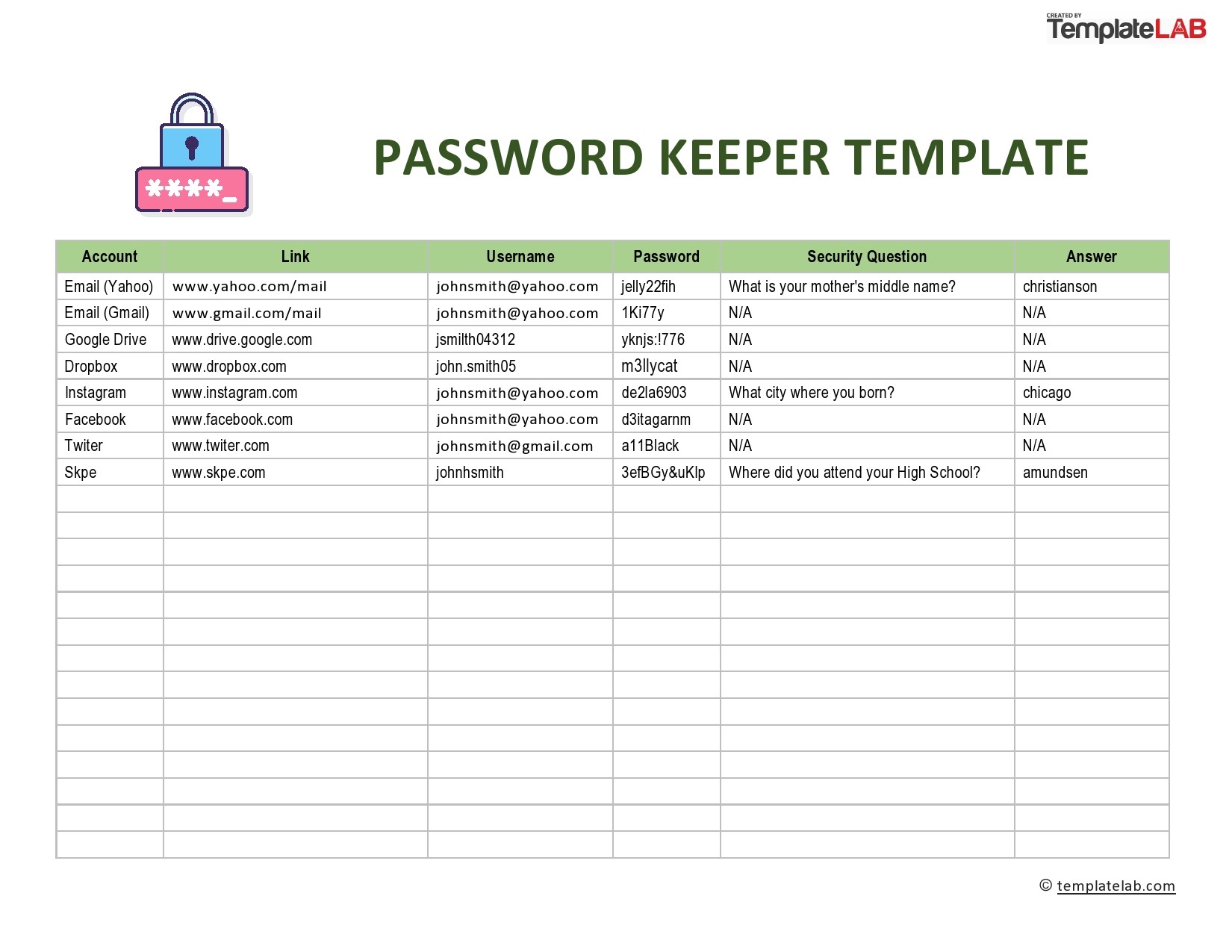

If we have made an error or published misleading information, we will correct or clarify the article. Our editors thoroughly review and fact-check every article to ensure that our content meets the highest standards. Our goal is to deliver the most accurate information and the most knowledgeable advice possible in order to help you make smarter buying decisions on tech gear and a wide array of products and services. ZDNET's editorial team writes on behalf of you, our reader. Indeed, we follow strict guidelines that ensure our editorial content is never influenced by advertisers. Neither ZDNET nor the author are compensated for these independent reviews. This helps support our work, but does not affect what we cover or how, and it does not affect the price you pay. When you click through from our site to a retailer and buy a product or service, we may earn affiliate commissions. And we pore over customer reviews to find out what matters to real people who already own and use the products and services we’re assessing. We gather data from the best available sources, including vendor and retailer listings as well as other relevant and independent reviews sites. That’s why it’s important to secure those second-factor accounts first, like your email accounts and cell phone plan accounts.ZDNET's recommendations are based on many hours of testing, research, and comparison shopping. The good news is that any account protected with two-factor authentication will make it far more difficult for an attacker to access your accounts without that second factor, such as a phone pop-up or a texted or emailed code. Start with the most critical accounts, such as your email accounts, your cell phone plan account, your bank accounts and your social media accounts, and work your way down the priority list.
#Passwords manager vault password#
If you think that your LastPass password vault could be compromised - such as if your master password is weak or you’ve used it elsewhere - you should begin changing the passwords stored in your LastPass vault. This means that your current LastPass vault is secured. The best thing you can do as a LastPass customer is to change your current LastPass master password to a new and unique password (or passphrase) that is written down and kept in a safe place. In a rare shituation (not a typo) like this - which we spelled out in our parsing of LastPass’s data breach notice - if a bad actor has access to customers’ encrypted password vaults, “all they would need is a victim’s master password.” An exposed or compromised password vault is only as strong as the encryption - and the password - used to scramble it. Given that everyone’s threat model is different, no one person will have the same requirements as the other. But security incidents like this are a reminder that not all password managers are created equal and can be attacked, or compromised, in different ways. Password managers are overwhelmingly a good thing to use for storing your passwords, which should all be long, complex and unique to each site or service. Toubba said that the cybercriminals also took vast reams of customer data, including names, email addresses, phone numbers and some billing information. But the company warned that the cybercriminals behind the intrusion “may attempt to use brute force to guess your master password and decrypt the copies of vault data they took.” LastPass said customers’ password vaults are encrypted and can only be unlocked with the customers’ master password, which is only known to the customer. It’s not clear how recent the stolen backups are. The unencrypted data includes vault-stored web addresses. The cache of customer password vaults is stored in a “proprietary binary format” that contains both unencrypted and encrypted vault data, but technical and security details of this proprietary format weren’t specified. In an updated blog post on its disclosure, LastPass CEO Karim Toubba said the intruders took a copy of a backup of customer vault data by using cloud storage keys stolen from a LastPass employee. Password manager giant LastPass has confirmed that cybercriminals stole its customers’ encrypted password vaults, which store its customers’ passwords and other secrets, in a data breach earlier this year.


 0 kommentar(er)
0 kommentar(er)
